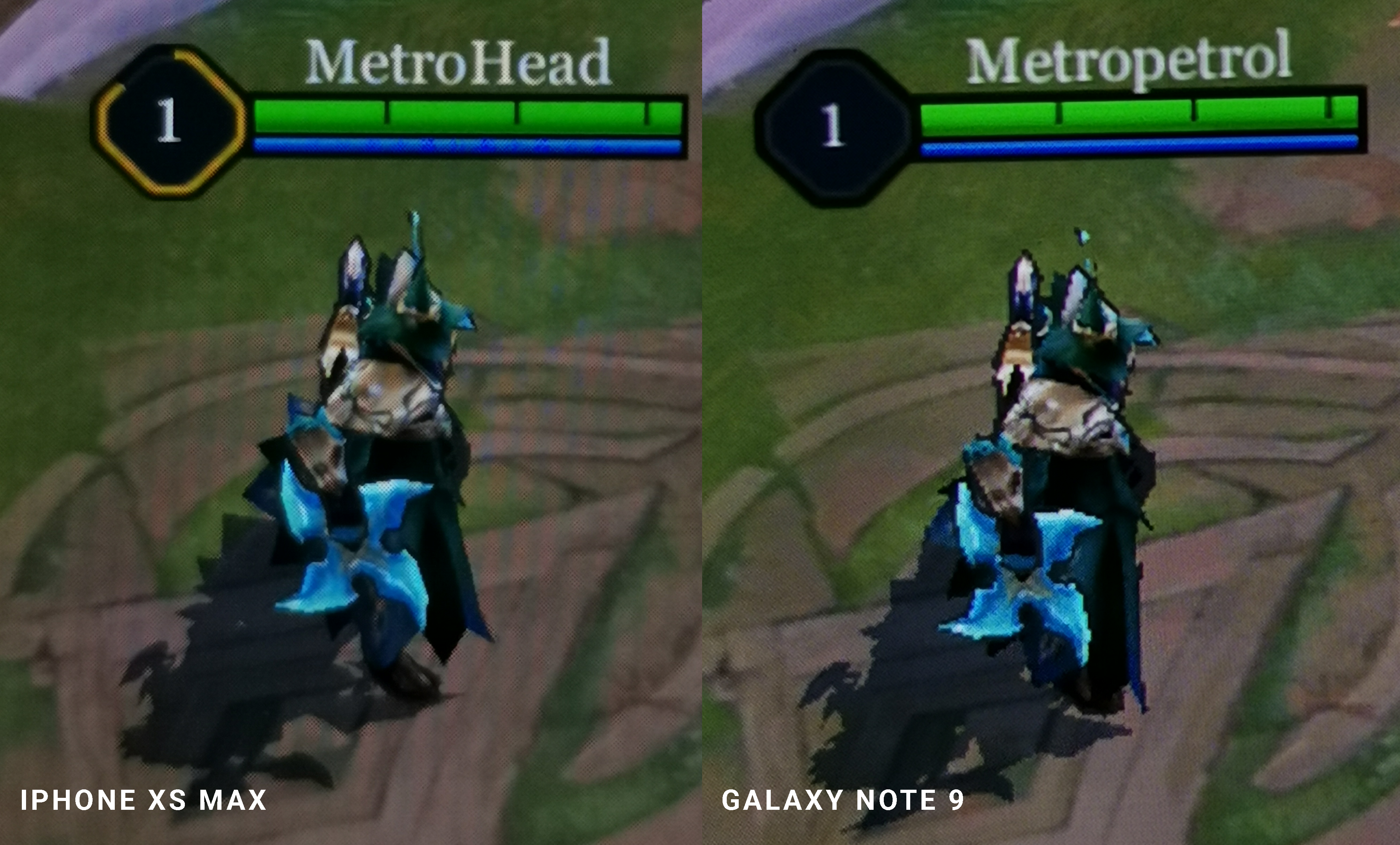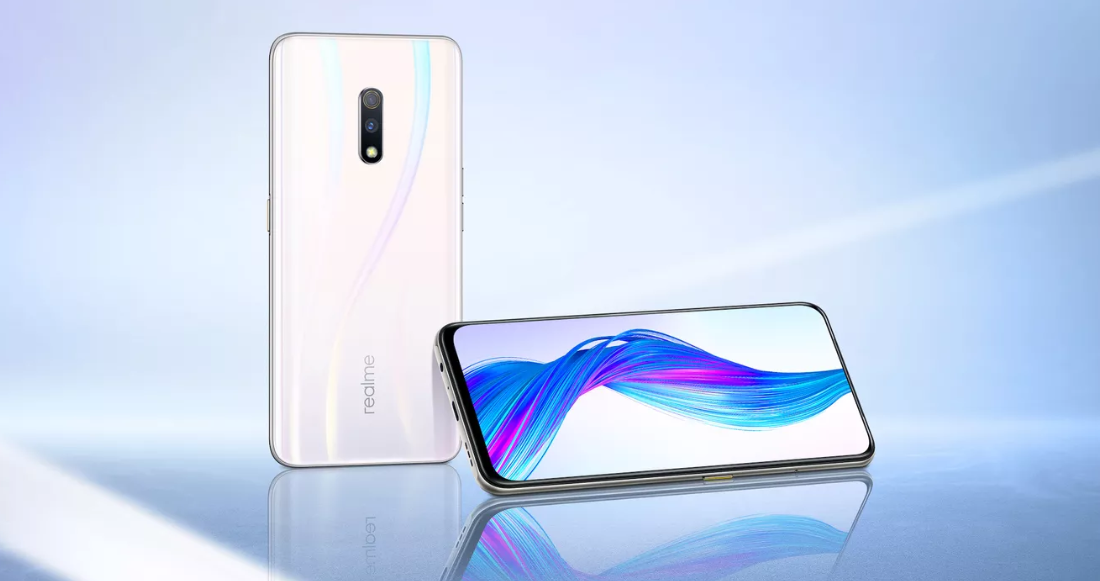Android’s performance gap relative to iOS is nothing new, but the nature of this gap is changing in subtle ways that we didn’t predict when we first reported on the problem back in 2015. In this blog, we’ll highlight a couple of typical examples which demonstrate why Android gamers need to be as vigilant as ever to ensure they're getting the same quality of experience as iPhone owners, and why we at GameBench are building new tools to help maintain this vigilance. Please read on for more…
GameBench Staff
Recent Posts
Realme has just launched its first smartphone for China: the realme X. We tested a pre-release handset across a range of popular Chinese games to see how well the phone performs. Please read on for more...
- GameBench Staff
- 15. May 2019
Now that mobile gaming has become truly mainstream, it's only right that high-quality gaming experiences should be possible on affordable, mainstream smartphones. But are they? This is a question we've just had a chance to explore, thanks to realme sending its latest 3 Pro handset to GameBench Labs and commissioning us to test it out across a range of games. Please read on to see how the realme 3 Pro fares against other phones in the same class, including the Samsung Galaxy M30, Redmi Note 7 and Redmi Note 7 Pro.
- GameBench Staff
- 22. April 2019
Epic Games has finally got Fortnite running at 60 frames per second (fps) on some high-spec Android phones, as well as on the latest iPhones. This is a major technical feat which brings mobile Fortnite much closer to the quality of the console version. However, high-fidelity gaming on passively-cooled smartphones often requires some compromise. In this article, we'll look at objective performance and image quality comparisons to help gamers figure out whether the 60fps mode is worth it.
The brand new Honor View 20 is a mid-tier smartphone that promises top-tier gaming performance, due to the fact that it shares the same chipset (Kirin 980) as flagship phones. As a consumer, it's easy to accept this type of marketing logic ("fast chip = fast phone"), especially when other manufacturers like OnePlus and Xiaomi have repeated it so often. But real-world testing shows that it's not always so simple: thermals, drivers, APIs, game engines and various software optimisations can be at least as important as the chipset when it comes to gaming, so real game benchmarks are essential. Read on to see what they reveal about the Honor View 20...




